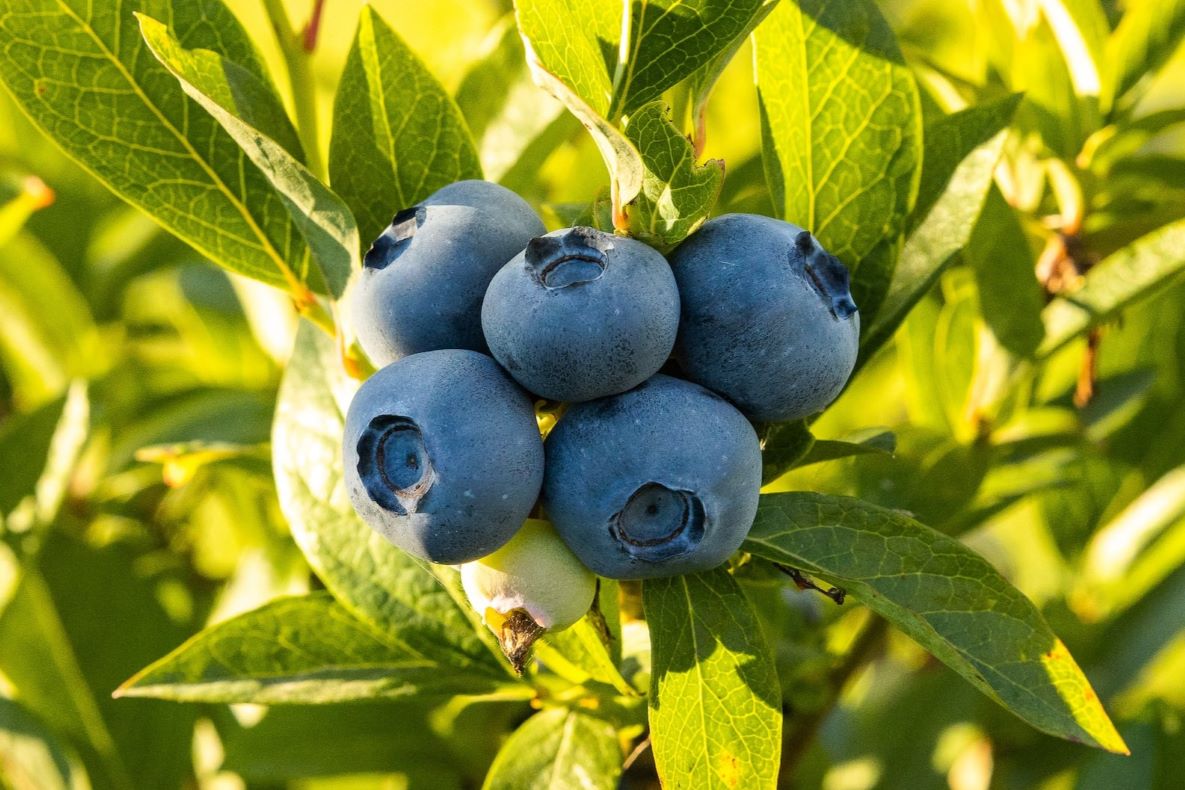Blueberry Bushes and Plants
Blueberries are naturally compact and they thrive in pots, so they’re a great choice to grow in smaller gardens. Our specialist fruit growers have chosen the most suitable varieties for the UK climate which will reliably produce a heavy crop with minimal fuss. These hardy plants are ready to take off quickly in your garden, for a fresh supply of superfruits year after year.
Need help picking?Sort and filter

Europe
Meet Josh's trusted specialists
Start with a touch of continental sun
Over 99% of our plants are grown in the UK, but where that’s not possible, Josh sources the best specialist growers in Europe for the job. Think citrus warmed by Sicilian sun, topiary trained by Dutch masters, almonds nourished in the Dordogne and bamboo bathed in Tuscan heat. Our handpicked growers nurture these plants to maturity before handing over to our team in the South Downs, to toughen them up for UK gardens.
Need help picking?
Blueberry FAQs
When is the best time to plant blueberries in the UK?
Blueberries can be planted at any time of year, but the best times are in early spring or autumn. Planting at these times allows the plant to put its energy into developing a good root system before the new foliage starts to grow. There’s more planting advice in our growers’ guide.
What soil conditions do blueberries prefer?
It’s really important to plant your blueberry plants in well draining acidic (or ericaceous) soil with a pH between 4.5 and 5.5. If your garden soil isn’t acidic, you’ll need to grow in containers with ericaceous compost.
How much sunlight do blueberry plants need?
Plant your blueberries in the sunniest spot possible - they need full sun (6-8 hours daily) to produce a good crop. They can tolerate partial shade, but won’t produce as much fruit.
Do blueberry plants need to be pruned?
Prune your blueberries in late winter or early spring while the plants are dormant, to encourage new healthy growth in spring. Prune out any dead, weak or crossing branches, aiming to create an open centre to the plant, to encourage good air circulation. See our growers’ guide for more pruning advice.
How do I fertilise blueberry plants?
Feed your blueberry plants in early spring and again in late spring, using a feed made for acid loving plants. Don’t be tempted to feed them any more than this, as they’re sensitive to high nutrient levels and won’t appreciate it.
Do I need more than one blueberry plant for fruiting?
Unless your blueberry is a self fertile variety, you’ll need more than one plant for cross pollination to happen and a crop to be produced. Self fertile varieties will produce a crop by themselves, but giving them a pollination partner will result in bigger crops for both.
When can I expect to harvest blueberries?
Blueberry plants will start to produce fruit when they’re two or three years old, with the crop increasing each year. Depending on which variety you have, you can expect to see fruit between late June and August. Your blueberries will be ready to pick when they’re fully blue and come away from the plant easily.
How do I care for blueberry plants in winter?
Blueberries are hardy and will withstand even the coldest winters, however they will benefit from a fresh layer of mulch in autumn, which will help to protect the roots during winter. If you are worried about your plants in a severe frost, you can cover them in horticultural fleece overnight.
Can I grow blueberries in containers?
Blueberry plants do really well in pots. Choose a large container at least 45cm wide and deep, with good drainage holes in the bottom. Fill it with ericaceous compost and water regularly. Plants in pots will need more frequent watering than those in the ground. For more advice, check out our complete guide to growing blueberries.







